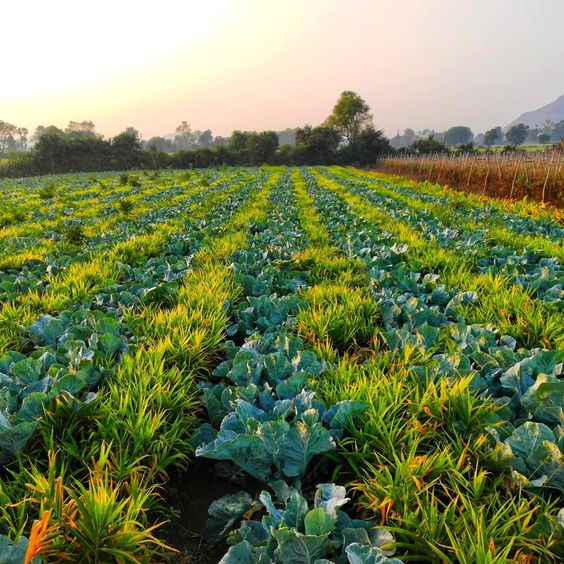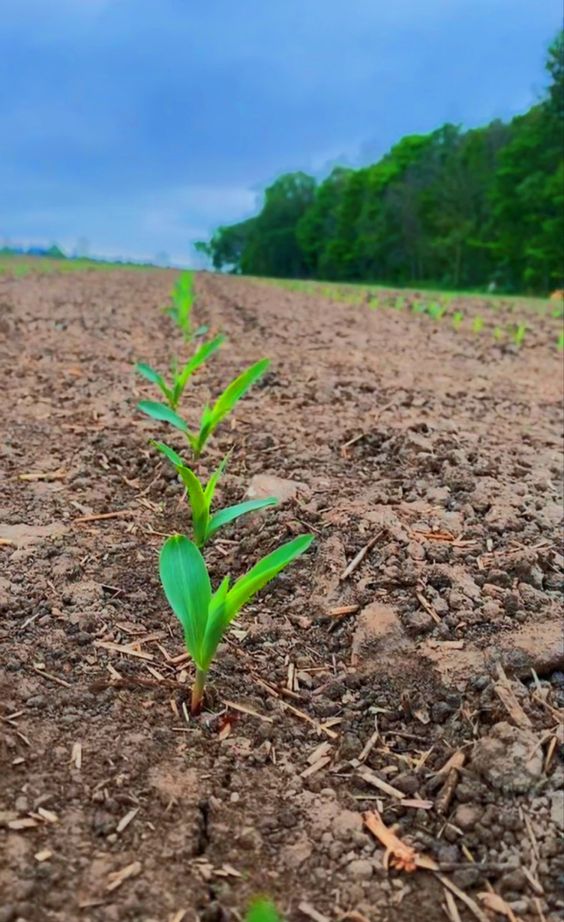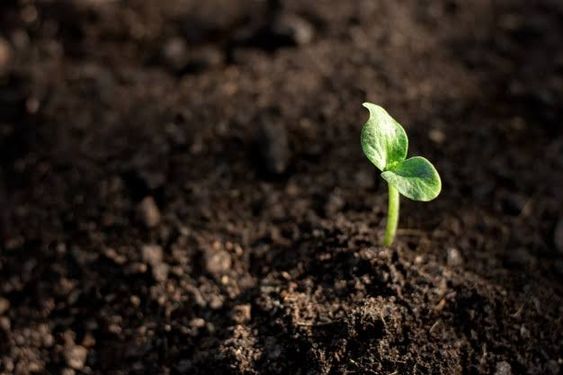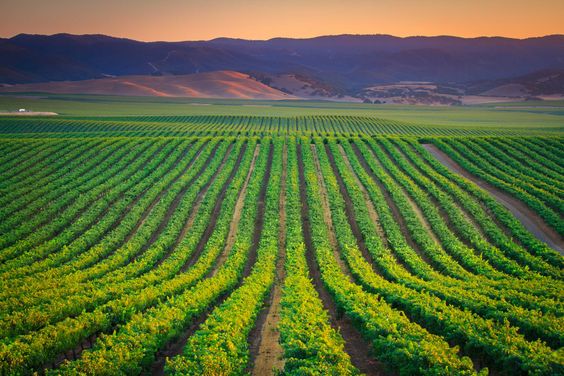Agricultural Waste Utilization: Transforming Challenges into Opportunities through Smart Agriculture
Agricultural Waste Utilization, encompassing a diverse range of materials such as crop residues, livestock manure, and food processing byproducts, poses significant environmental challenges. Improper management contributes to soil erosion, greenhouse gas emissions, water pollution, and public health risks. However, this waste also represents a hidden treasure trove of nutrients, energy, and biomaterials.
Agricultural Waste Utilization Smart Agriculture, characterized by its reliance on data analytics, IoT devices, and precision technologies, offers a comprehensive framework for addressing agricultural waste. By integrating sensors, drones, and satellite imagery, farmers can monitor crop health, soil conditions, and resource utilization in real-time. This data-driven approach enables precise application of inputs, reducing waste generation and optimizing resource efficiency.
Contents
Valorization of Agricultural Waste Utilization: Key Strategies
Bioenergy Production:
- Anaerobic Digestion: Converting organic waste into biogas, a renewable energy source for electricity generation, heat, and transportation fuels.
- Bioethanol and Biodiesel: Producing liquid biofuels from agricultural residues and oilseeds, reducing dependence on fossil fuels.
- Biomass Briquetting and Pelletization: Compressing agricultural waste into solid biofuels for efficient combustion and energy generation.
Soil Improvement and Nutrient Recovery:
- Composting: Transforming organic waste into nutrient-rich compost for enhancing soil fertility and structure.
- Vermicomposting: Utilizing earthworms to accelerate composting and produce high-quality organic fertilizer.
- Nutrient Recovery Technologies: Employing advanced processes to extract valuable nutrients from waste for precision fertilization.
Bioproduct Development:
- Bioplastics: Developing biodegradable plastics from agricultural byproducts, reducing plastic pollution.
- Bio-based Chemicals: Producing chemicals and materials from renewable resources, minimizing reliance on petrochemicals.
- Animal Feed Supplements: Upcycling waste into feed additives to improve livestock nutrition and productivity.
Circular Economy Integration:
- Waste-to-Product Chains: Establishing closed-loop systems to minimize waste and maximize resource utilization.
- Value Addition: Transforming waste into high-value products to generate additional income for farmers.
- Policy and Market Development: Creating supportive policies and markets for agricultural waste-derived products.
Technologies Enabling Waste Valorization
- IoT Sensors: Monitoring waste generation, composition, and environmental parameters.
- Data Analytics: Optimizing waste management processes and identifying valuable byproducts.
- Precision Agriculture: Matching waste-derived products to specific crop needs.
- Biorefineries: Integrating various waste valorization technologies into a single facility.
- Advanced Bioprocessing: Developing efficient and cost-effective conversion processes.
Benefits of Agricultural Waste Utilization Valorization
- Environmental Sustainability: Reduced greenhouse gas emissions, improved soil health, and water quality.
- Economic Growth: Creation of new jobs, increased farm income, and development of rural economies.
- Energy Security: Reduced dependence on fossil fuels and increased energy self-sufficiency.
- Resource Efficiency: Optimal utilization of available resources and reduced waste disposal costs.
- Circular Economy Promotion: Closing material loops and minimizing environmental impact.
Food Processing Byproducts
Agricultural Waste Utilization.The food industry generates substantial quantities of waste, including fruit and vegetable peels, dairy byproducts, and food processing residues:
- Value-Added Products: Many food byproducts can be processed into value-added products, such as fruit juices, jams, and animal feed supplements.
- Biorefinery Integration: Food processing facilities can integrate biorefinery technologies to produce biofuels, chemicals, and materials from their waste streams.
- Animal Feed: Properly treated food waste can be used as a sustainable feed ingredient for livestock, reducing feed costs and improving animal health.
Technological Innovations
Agricultural Waste Utilization,To accelerate agricultural waste valorization, several emerging technologies are gaining traction:
- Precision Livestock Farming: Using sensors and data analytics to monitor livestock health, behavior, and manure production, enabling optimized waste management and resource utilization.
- Drone Technology: Monitoring crop residues, identifying hotspots for waste management interventions, and assisting in the collection and transportation of waste materials.
- Biorefinery Optimization: Developing integrated biorefineries that can efficiently convert multiple waste streams into a range of valuable products.
- Circular Economy Platforms: Creating digital platforms to connect waste generators with potential buyers and processors, facilitating waste valorization and market development.
Challenges and Opportunities
Agricultural Waste Utilization,While the potential benefits of agricultural waste valorization are substantial, several challenges persist:
- Infrastructure Development: Investing in the necessary infrastructure for waste collection, transportation, and processing.
- Economic Viability: Ensuring the economic feasibility of waste valorization projects.
- Policy Coherence: Aligning different policies to create a supportive environment for waste valorization.
- Knowledge and Capacity Building: Enhancing the knowledge and skills of farmers and stakeholders.
Despite these challenges, the growing global focus on sustainability, resource scarcity, and climate change presents significant opportunities for agricultural waste valorization. By embracing innovative technologies, fostering collaboration, and implementing supportive policies, we can unlock the full potential of this valuable resource.
The Cooperative Model: A Catalyst for Change
Agricultural Waste Utilization,Agricultural cooperatives in Southeast Asia have a long history of empowering farmers and improving livelihoods. By pooling resources and sharing knowledge, cooperatives can effectively tackle the complex issue of agricultural waste management.
- Collective Action: Cooperatives can mobilize farmers to adopt sustainable waste management practices, such as composting, biogas production, and integrated pest management.
- Economies of Scale: By aggregating waste from multiple farms, cooperatives can achieve economies of scale in waste processing and valorization.
- Risk Sharing: Cooperatives can spread the risks associated with new technologies and market fluctuations, encouraging members to participate in waste management initiatives.
- Capacity Building: Cooperatives can provide training and education to farmers on sustainable agriculture and waste management practices.
- Market Access: Cooperatives can facilitate access to markets for agricultural waste-derived products, ensuring fair prices for members.
Case Studies Agricultural Waste Utilization
Several Southeast Asian countries have demonstrated the potential of cooperatives in agricultural waste management:
- Indonesia: The Indonesian government has promoted farmer cooperatives as a key strategy for managing agricultural waste. Initiatives such as biogas production and organic fertilizer production have been successfully implemented through cooperatives.
- Thailand: Thai cooperatives have been involved in various waste valorization projects, including rice husk briquetting, mushroom cultivation, and animal feed production.
- Philippines: The Philippines has a strong cooperative movement, with many cooperatives engaged in organic farming and composting practices.
Agricultural Waste Utilization,The journey towards a sustainable and resilient agricultural future requires a comprehensive approach that encompasses technological innovation, policy support, and effective partnerships. Cooperatives, with their deep roots in rural communities and their emphasis on collective action, offer a promising pathway to address the challenges of agricultural waste management. By harnessing the power of cooperatives, Southeast Asia can transform waste into wealth, creating a greener and more prosperous future for its people.




